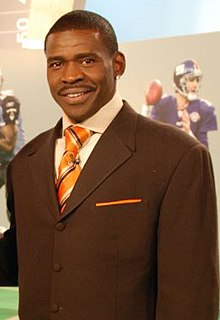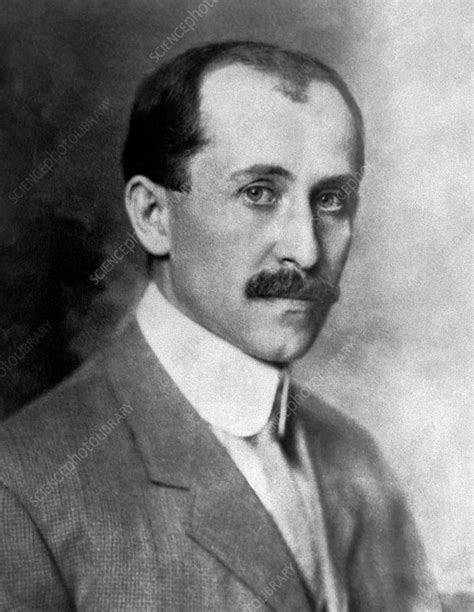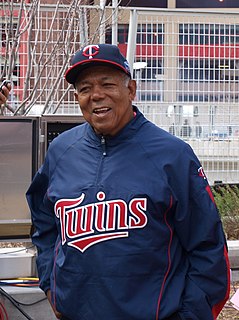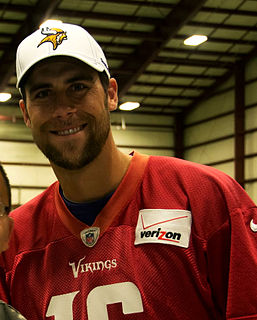A Quote by Carlos Fuentes
The contract between the author and the reader is a game. And the game . . . is one of the greatest invetions of Western civilization: the game of telling stories, inventing characters, and creating the imaginary paradise of the individual, from whence no one can be expelled because, in a novel, no one owns the truth and everyone has the right to be heard and understood.
Related Quotes
Life to me is the greatest of all games. The danger lies in treating it as a trivial game, a game to be taken lightly, and a game in which the rules don't matter much. The rules matter a great deal. The game has to be played fairly or it is no game at all. And even to win the game is not the chief end. The chief end is to win it honorably and splendidly.
The way I play, it's very much more a mental game than a physical game. I'm looking for space and where are players leaving space. Defensively, where are we at numerical disadvantages? Do I shift more to the left because they have more players on their right side? It's about reading the game before the game happens.







































